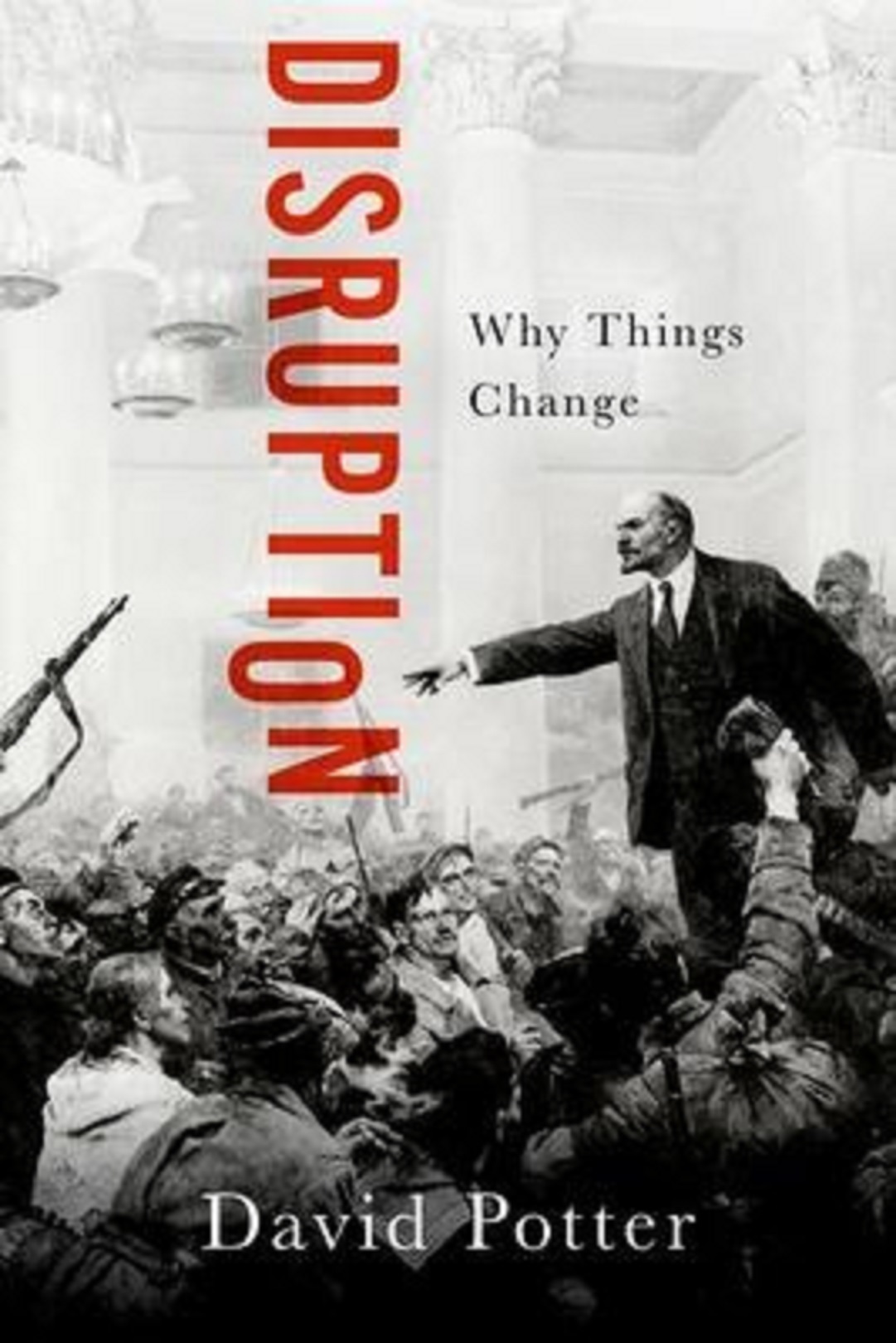- Informatii telefonice:(+40) 748 400 200
Disruption | David Potter
Cod intern: xsales_1394227Producator: Oxford University Press Inc
Vizualizari: 34 / Achizitii: 24
Stoc: In stoc
Pret: 176.0 RON
Acest produs este publicat in categoria Librarie la data de 15-03-2025: 10:03 si vandut de Carturesti. Vanzatorul isi asuma corectitudinea datelor publicate. ( alege finantarea potrivita )
-
Produs cu garantie
-
Livrare direct din stocul fizic al Carturesti
-
Retur gratuit minim 14 zile de la data achizitiei
How do things change? The question is critical to the historical study of any era but it is also a profoundly important issue today as western democracies find the fundamental tenets of their implicit social contract facing extreme challenges from forces espousing ideas that once flourished only on the outskirts of society. This books argues that radical change always begins with ideas that took shape on the fringes. Throughout time the "mainstream" has beeninherently conservative, allowing for incremental change but essentially dedicated to preserving its own power structures as the dominant ideology justifies existing relationships. In this tour of radical change across Western history, David Potter will show how ideologies that develop in opposition orreaction to those supporting the status quo are employed to effect profound changes in political structures that will in turn alter the way that social relations are constructed.Not all radical groups are the same, and all the groups that the book will explore take advantage of challenges that have already shaken the social order. They take advantage of mistakes that have challenged belief in the competence of existing institutions to be effective. It is the particular combination of an alternative ideological system and a period of community distress that are necessary conditions for radical changes in direction. The historical disruptions chronicled in this book-therise of Christianity, rise of Islam, Protestant reformations, Age of Revolution (American and French), and Bolshevism and Nazism-will help readers understand when the preconditions exist for radical changes in the social and political order. As Disruption demonstrates, not all radical change followspaths that its original proponents might have predicted. An epilogue helps situate contemporary disruptions, from the rise of Trump and Brexit to the social and political consequences of technological change, in the wider historical forces surveyed by the book.



























Scrie parerea ta
Disruption | David Potter
Ai cumparat produsul Disruption | David Potter ?
Lasa o nota si parerea ta completand formularul alaturat.
How do things change? The question is critical to the historical study of any era but it is also a profoundly important issue today as western democracies find the fundamental tenets of their implicit social contract facing extreme challenges from forces espousing ideas that once flourished only on the outskirts of society. This books argues that radical change always begins with ideas that took shape on the fringes. Throughout time the "mainstream" has beeninherently conservative, allowing for incremental change but essentially dedicated to preserving its own power structures as the dominant ideology justifies existing relationships. In this tour of radical change across Western history, David Potter will show how ideologies that develop in opposition orreaction to those supporting the status quo are employed to effect profound changes in political structures that will in turn alter the way that social relations are constructed.Not all radical groups are the same, and all the groups that the book will explore take advantage of challenges that have already shaken the social order. They take advantage of mistakes that have challenged belief in the competence of existing institutions to be effective. It is the particular combination of an alternative ideological system and a period of community distress that are necessary conditions for radical changes in direction. The historical disruptions chronicled in this book-therise of Christianity, rise of Islam, Protestant reformations, Age of Revolution (American and French), and Bolshevism and Nazism-will help readers understand when the preconditions exist for radical changes in the social and political order. As Disruption demonstrates, not all radical change followspaths that its original proponents might have predicted. An epilogue helps situate contemporary disruptions, from the rise of Trump and Brexit to the social and political consequences of technological change, in the wider historical forces surveyed by the book.
Acorda un calificativ